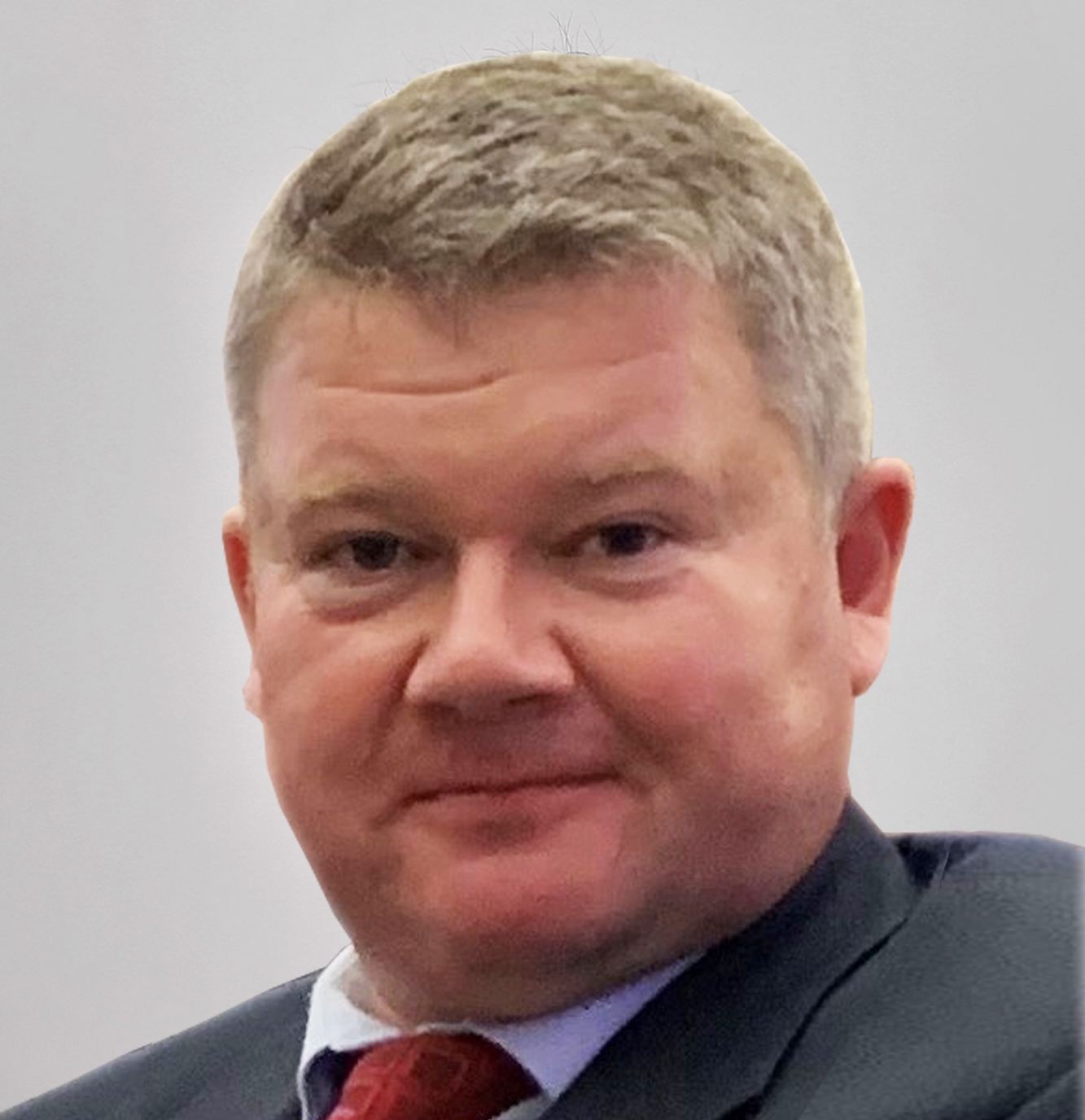
GSOM SPbU
![]()
![]()
![]()
 The resurgence of politics is manifest at multiple institutional levels, including firms, states, and supranational organizations. National governments have become less intent on integrating with other economies and international regimes and devise policies to better promote their own interests, e.g. through protectionist measures and subsidies. Abroad, governments mobilize representations, diplomacy and debt, to provide support of commercial goals. More heavy-handed national regulation and incentives in home and host countries affects flows of goods, capital, people and information through both push and pull effects. Hence, the global economy has become more adversarial and shifted from a more rule-based and transparent environment towards one that is more transactional and opaque.
The resurgence of politics is manifest at multiple institutional levels, including firms, states, and supranational organizations. National governments have become less intent on integrating with other economies and international regimes and devise policies to better promote their own interests, e.g. through protectionist measures and subsidies. Abroad, governments mobilize representations, diplomacy and debt, to provide support of commercial goals. More heavy-handed national regulation and incentives in home and host countries affects flows of goods, capital, people and information through both push and pull effects. Hence, the global economy has become more adversarial and shifted from a more rule-based and transparent environment towards one that is more transactional and opaque.
The international competitiveness of national firms is more and more becoming a government rather than just a private concern, in particular of course where state-owned companies are involved. MNEs adjust their strategies to better deal with the new and more volatile political and regulatory environment and attendant risks and uncertainties. Firms are also increasingly engaging in and formalizing political activities through lobbyism, political advocacy, CSR and other nonmarket strategies. Such activities typically assume alternating significance over the lifecycle of an international investment and recent evidence suggests that MNEs holistically assess the entire lifecycle when making FDI decisions as well as different levels of the political environment.
This theme is interlinked with the Call for Papers in a special issue of the International Business Review.
The best papers submitted to the track «Emerging economy multinationals and the politics of internationalization» will be recommended for the fast-track review in the International Journal of Emerging Markets.
The track invites competitive papers addressing the following questions:

Gerald A. McDermott
Title of the talk: Public-Private Institutions as the Foundations for Innovation and Firm Upgrading in Developing Countries
Gerald A. McDermott is Professor of International Business at the Darla Moore School of Business of the University of South Carolina, where he is the Faculty Director of the Folks Center for International Business, and is a Senior Research Fellow at IAE Business School in Argentina. He was previously Assistant Professor of Multinational Management at the Wharton School of the University of Pennsylvania for seven years. He received his Ph.D. from the Massachusetts Institute of Technology (MIT).
Dr. McDermott specializes in international business and political economy, particularly on issues of innovation, risk, corporate strategy, and institutional change in emerging market countries. He regularly writes and speaks about alternative paths for societies and their firms to become globally competitive. He has published two books and numerous articles in the leading scholarly journals in management, international business, and political economy and has won grants and awards for his research. His most recent book, with Laszlo Bruszt, is Leveling the Playing Field: Transnational Regulatory Integration and Development (Oxford University Press, 2016).
Dr. McDermott lived in Prague for over 4 years and in Buenos Aires for over 8 years, being proficient in Czech and fluent in Spanish. His Research Website is: www.geraldamcdermott.com.
При использовании данного сайта Вы подтверждаете свое согласие на использование ВШМ СПбГУ cookie файлов. С подробной информацией Вы можете ознакомиться, перейдя по ссылке.